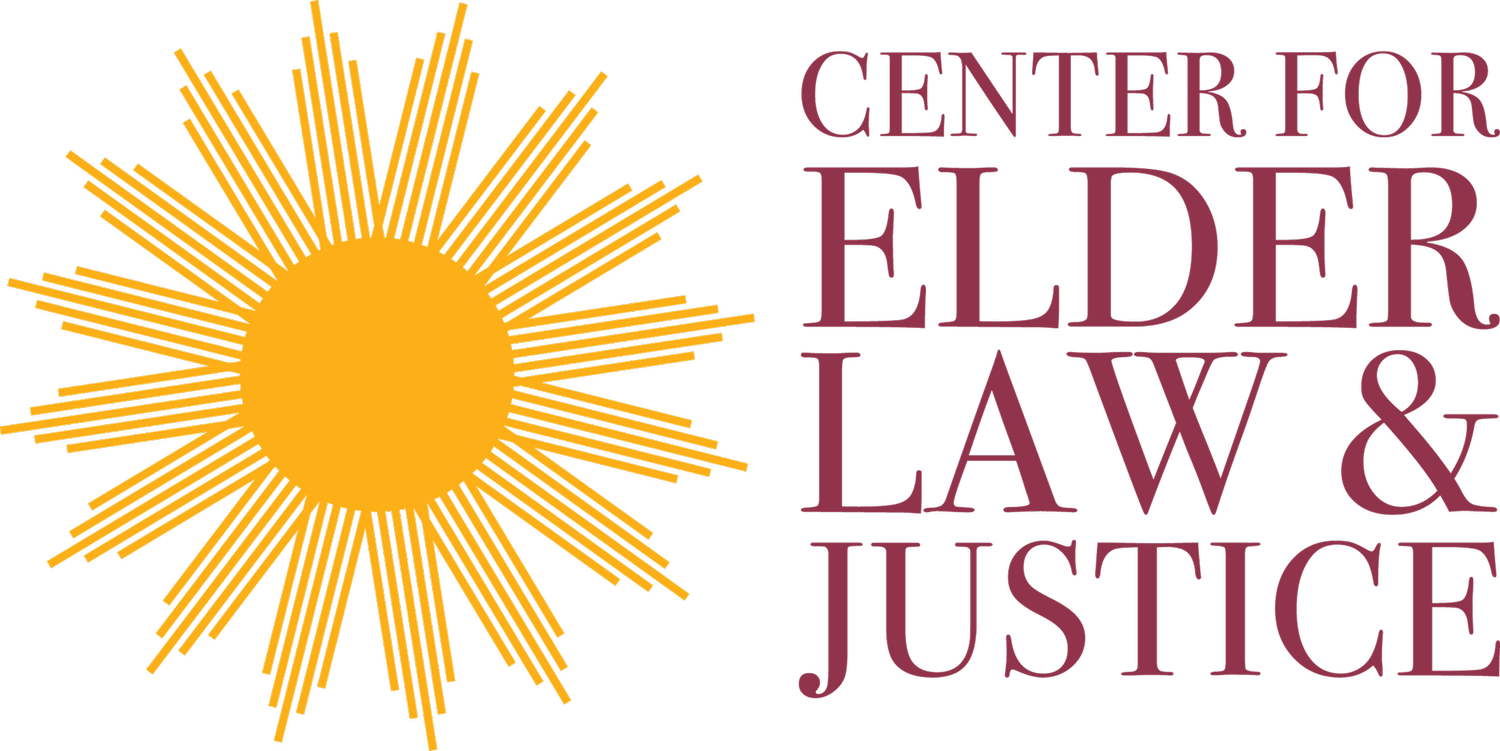NEW YORK STATE DEPT OF HEALTH MUST DO MORE TO ENSURE RESIDENT HEALTH & SAFETY
The Office of the Comptroller released an audit that found the NYS Department of Health (DOH) efforts and transparency were controlled by the prior Executive’s narrative, and often misled the public, including when it came to the number of nursing home resident deaths. The audit also found that DOH was unprepared to respond to infectious disease outbreaks at nursing homes prior to the COVID-19 pandemic, and that DOH was slow to respond to a federal directive to conduct infection control surveys of nursing homes. In addition, while DOH issued 602 violations from those surveys, 63% of those surveys had no indication that the deficiency was corrected.
The intentional misleading of the public and control over DOH staff is shameful, and we urge Governor Hochul and Commissioner Bassett to continue their efforts in increasing public transparency and supporting DOH staff in their roles. We must learn from the past and demand accountability. As such, it is essential that the second piece of the audit is acknowledged and addressed by DOH and the Executive: DOH does not effectively use its data to identify emerging issues nor does it fulfill its obligations in ensuring resident care and safety standards are met by nursing home operators.
As stated in the audit, the DOH is the steward of the State’s health program and bears a responsibility to safeguard the health of all New Yorkers, to promote health through sound decision making and effective policies. DOH is also responsible for ensuring nursing homes comply with federal and State regulations in order to ensure quality care and resident safety. However, as the audit details, DOH appears focused on meeting minimum standards rather than ensuring programmatic objectives (nursing home resident care and safety) are met.
Issues with infection prevention and control existed prior to the pandemic, and while DOH collects data pertaining to infectious diseases and has survey data, the DOH does not analyze the data on any routine basis to detect interfacility outbreaks, identify geographic trends or emerging infectious diseases, or promote changes in infection control policy recommendations. Had the DOH done this, it could have handled the spread of COVID-19 and nursing home operator failures by having effective infection and control policies in place. For example, the audit analyzed data and found a moderately strong positive correlation between flu and COVID 19 outbreaks at facilities reported between 1/1/17 and 12/15/2020.
In addition, prior audits of the DOH by the Comptroller further support the DOH’s failure to ensure nursing home residents receive safe and quality care. For example, report 2015-S-26 found the DOH’s efforts went little beyond ensuring CMS’ minimum standards were met. While DOH had implemented a performance monitoring program to conduct greater oversight of nursing homes where conditions affect the rights, quality of life, or health and safety of residents, apparently this program was only a trial that DOH quickly abandoned.
The DOH’s fundamental purpose is to protect and promote nursing home resident safety and care. As stated in the audit, DOH can do more but does not. The failure of DOH to use data to identify and address systemic concerns goes beyond infection control and prevention. DOH must live up to its obligations as the enforcement entity of both federal and state nursing home resident rights protections, and gain back public trust. It is up to our state’s Executive leadership to implement policies and procedures that address quality care and life issues for our region’s vulnerable seniors. Governor Hochul must address these issues now to prevent future catastrophes.

